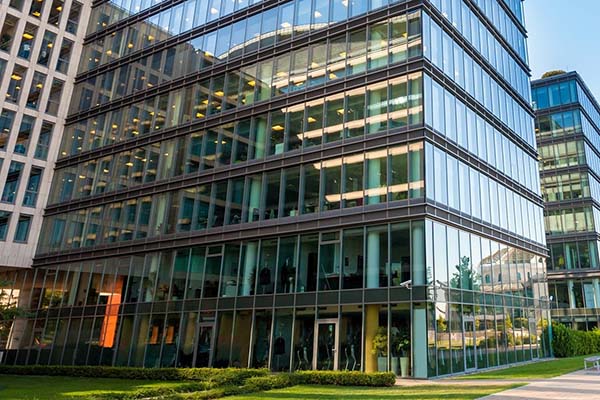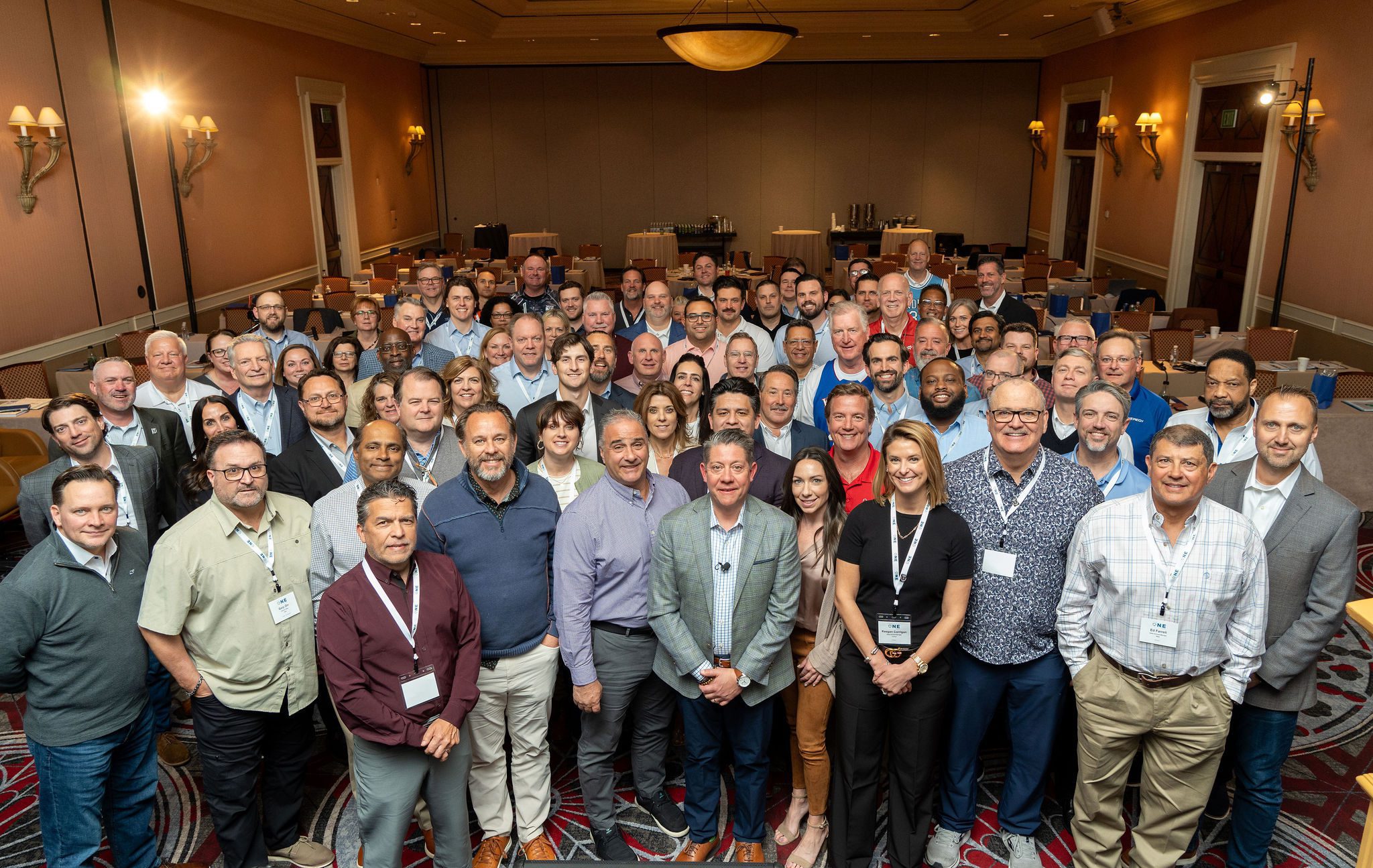Taking charge of the efficiency of your building is essential to reducing your utility expenditures and improving your organization’s bottom line. Having a competent commissioning authority on your team is essential when constructing new systems or substantially expanding existing ones. But what do you do if your existing building systems are no longer operating at peak efficiency or satisfying your current usage requirements? Before deploying costly capital expenditures, consider employing retro-commissioning services from Veregy.
What is Retro-commissioning?
Retro-commissioning, or RCx, is focused on optimizing existing buildings. As opposed to the standard commissioning (Cx) scope that has been perfected for new building projects, or monitoring-based commissioning (MBCx) and enhanced retro-commissioning (ERCx) which involve ongoing energy data analysis and monitoring processes, retro-commissioning is a discrete process with the goal of optimizing the systems of an already operating building.
The RCx process starts with the Planning Phase, where the Retro-commissioning Authority (RCxA) works directly with the building owner and operators to define current facility goals and develop a plan to bring the facility up to those goals. The owner’s goals may have changed since the building was originally designed, such as a change in space use; otherwise, the goal will likely be to restore building systems to their original performance and efficiency.
The process continues with the Investigation Phase, where the RCxA reviews existing documentation, performs systems-level diagnostics, and executes hands-on functional testing in order to identify deficiencies. These deficiencies are then prioritized in an Implementation Plan and executed by the building maintenance team. To close out the project, the RCxA delivers an RCx Report and Systems Manual, summarizing all of the work performed, collecting new O&M procedures, and recommending ongoing commissioning techniques to maintain optimum performance.
Veregy has the experience and technical acumen to evaluate the various systems that keep your operation functioning, identify opportunities for improved performance, and offer straightforward strategies for accomplishing them.
Why Retro-commissioning is Important
Retro-commissioning is a proven, time-tested method to ensure that the electrical, water, heating, cooling, ventilation, and other key systems of existing buildings are working together effectively to produce optimal financial, environmental, and human health outcomes. Properly managed retro-commissioning of your building can help save substantial money annually on utility costs, reduce operating costs, reduce downtime by averting mechanical or equipment failures, and reduce the environmental impact your operations create. This, in turn, is good for your organization’s bottom line, the long-term health and satisfaction of your building’s occupants, and ultimately the planet. Furthermore, the cost savings uncovered by RCx projects typically produce very rapid paybacks on their initial investments.
When do I need it?
There are several reasons to retro-commission your building and doing so sooner rather than later can vastly increase the efficiency and cost savings that may be available.
The most common reason to initiate a retro-commissioning project is when owners start getting complaints about mechanical system performance or high energy costs in a building, and they realize that their building systems have aged and are no longer efficient or reliable. Building management may jump to the conclusion that it is necessary to replace the existing equipment with brand new systems, but before initializing such drastic measures, it is best practice to have existing systems retro-commissioned to see if the owner’s goals can be achieved without costly capital projects.
Another common reason for retro-commissioning is a change of use for an existing building. An optimized heating, cooling, and electrical system in a manufacturing space looks different than it does in a tech office, and retro-commissioning is a cost-effective way to dial in the systems of a re-purposed space. Similarly, if an existing building requires a change to the sequence of operations being conducted, for instance, a re-configuring of manufacturing operations or new product operations, retro-commissioning can help guarantee an optimized system. If you are redesigning your manufacturing floor layout or changing how your server room is configured, your operations may benefit from a retro-commissioning of the relevant systems.
Often it becomes obvious that a building is in need of equipment overhauls or major repairs: this is also an excellent time to get your system retro-commissioned. The addition of a new component, such as a solar panel array or a new process chiller, can have secondary effects on interrelated systems. Retro-commissioning is the key to balancing new equipment or repairs in the context of existing systems and operations.
Generally speaking, when a component of your operation that interacts with your building’s systems changes, retro-commissioning is a surefire way to ensure that change does not compromise the efficiency and longevity of the various systems affected.
Overview of the Retro-Commissioning Process
Planning Phase
- Select the project, set project objectives, and obtain support
- Select a commissioning authority and document operational requirements
- Perform initial site walk-through and develop a Retro-Commissioning (RCx) Plan
- Assemble the RCx team and kick-off project
Investigation Phase
- Review facility documentation and perform diagnostic monitoring
- Perform Functional tests and simple repairs
- Develop Master List of Findings
- Prioritize and select operational improvements
Implementation Phase
- Develop Implementation Plan
- Implements selected operational improvements
- Verify results
Hand-off Phase
- Develop Final Report and Retro-Commissioning Plan
- Compile a Systems Manual and provide training
- Hold close-out meeting and implement persistence strategies
Are you ready for Retro-commissioning?
Any well-functioning system needs to be tested from time to time to confirm that the outcomes you are desiring and expecting are indeed being produced. This need for advanced testing becomes even more essential with older buildings or building systems, recently renovated buildings or systems, and buildings that seem to be under-performing in terms of efficiency. The experts at Veregy are leaders in detecting system failure, malfunction, or under-performance in your building, and are experienced problem solvers once an issue has been discovered. If you are ready to explore retro-commissioning for your business, institution, or residence, contact Veregy today.






